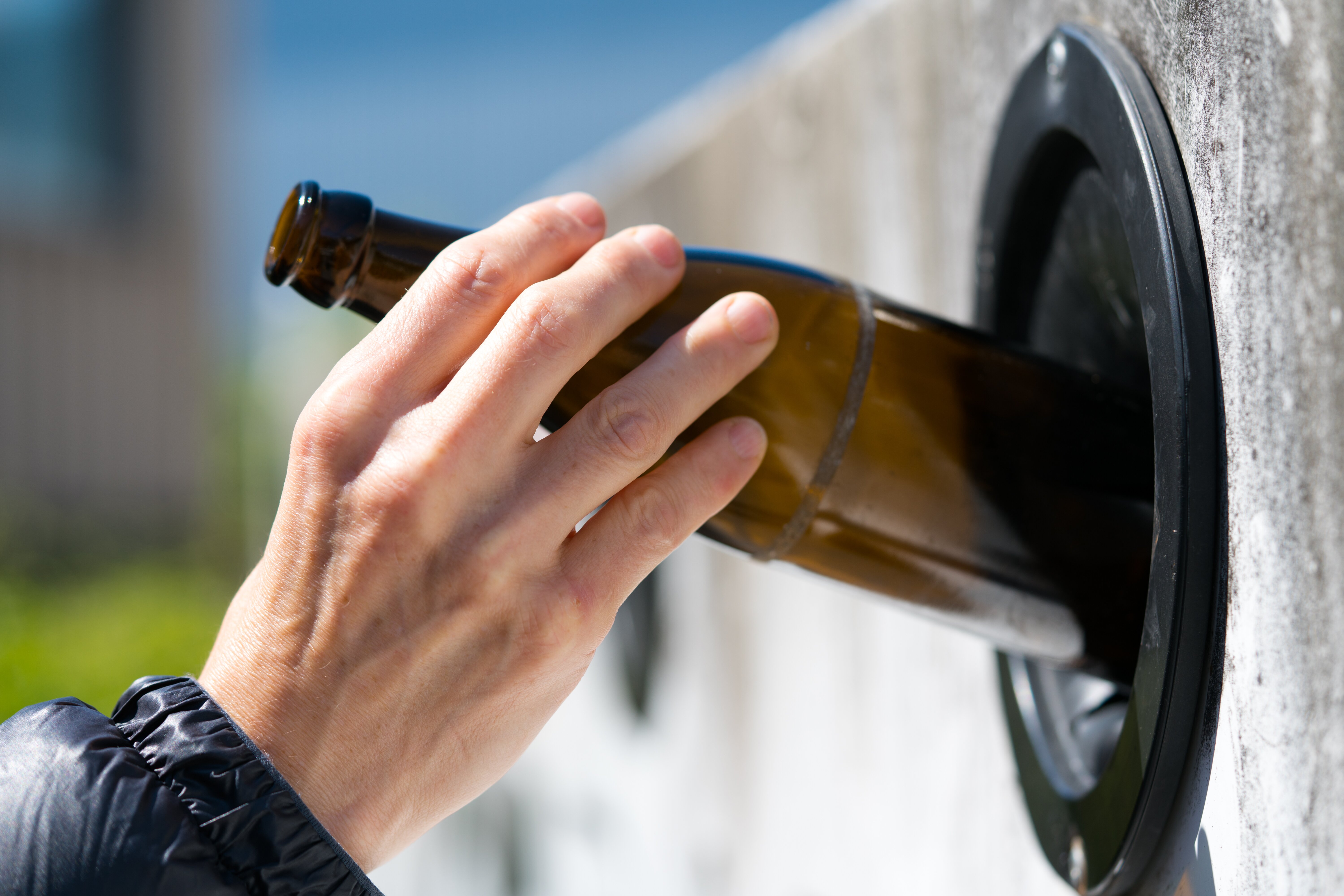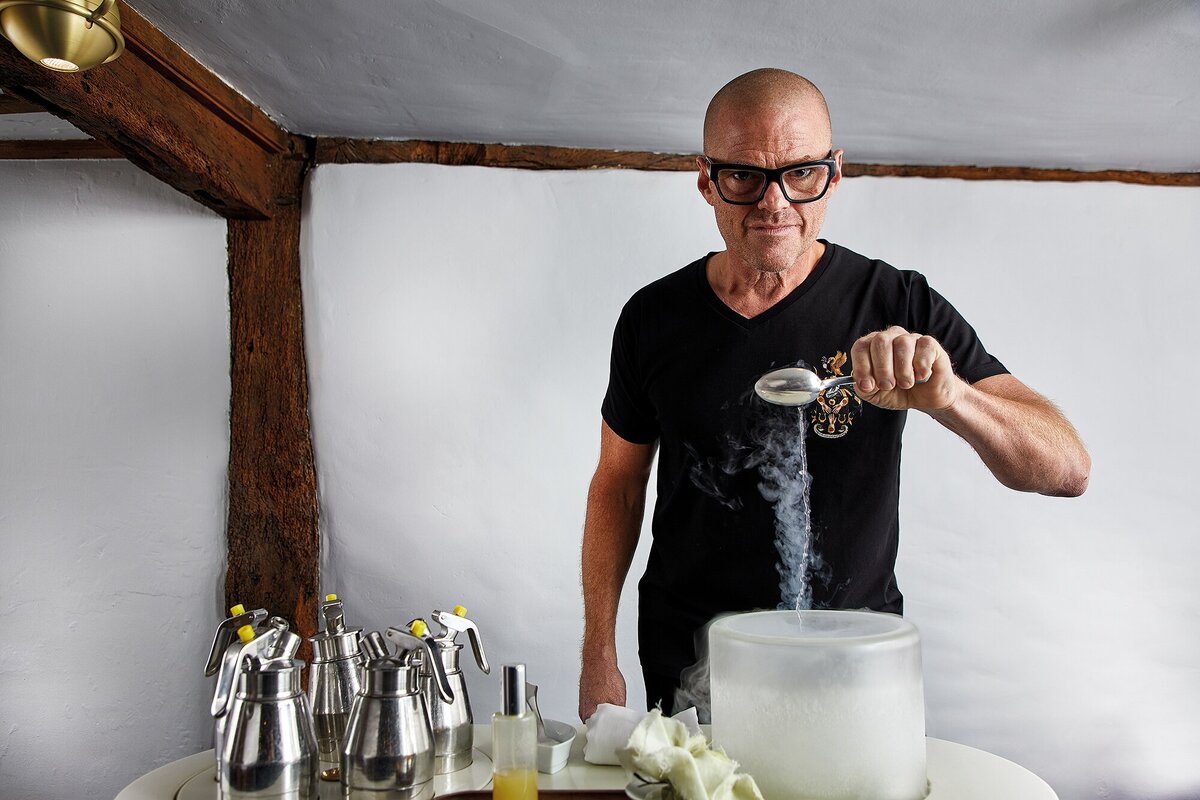Hospitality trade bodies back calls to remove glass from Scottish deposit return scheme
Hospitality industry bodies have supported the UK government’s demands to remove glass from Scotland’s controversial deposit return scheme (DRS), labelling it a “positive step”.
In a statement released on Saturday (27 May), the UK government said the inclusion of glass in the DRS “would add cost and complexity to the schemes in particular to hospitality and retail sectors, as well as adding consumer inconvenience”, and demanded its exclusion from the scheme.
The DRS is designed to improve recycling rates in Scotland by adding a 20p deposit to the cost of every single-use drinks container, including those made from PET plastic, aluminium or steel.
Customers will be able to reclaim their 20p by bringing the empty container to a return point, either over the counter in certain venues or using an automated reverse vending machine.
The Night Time Industries Association (NTIA) said it supported the UK Government’s decision, adding: “Removing glass from Scotland's DRS is a positive step for hospitality and late-night economy businesses, who already recycle virtually 100% of glass”.
The Scottish Licensed Trade Association (SLTA) said in a statement on Friday (25 May), before the UK Government officially announced its stance, that the exclusion of glass, was “what we asked for five years ago”.
Colin Wilkinson, SLTA managing director, added: “We always said that any DRS should be UK-wide and without glass and include a standardised deposit charge, bar codes and labelling across the UK.”
Scotland’s first minister Humza Yousaf said he does not want to go ahead with a scheme that excluded glass, while Scotland’s circular economy minister Lorna Slater said the decision made "no sense" and is assessing whether to postpone the DRS ahead of its planned launch across Scotland in March 2024.
The furore surrounds the Internal Market Act, which aims to prevent internal trade barriers among the four UK nations, and to restrict the way that certain legislative powers of the devolved administrations can operate in practice.
Slater had to apply for an exemption to the Internal Markets Act because of concerns that the Scottish scheme would effectively introduce trade barriers in different parts of the UK if it was introduced ahead of England, Wales and Northern Ireland and had different rules.
While the UK government agreed to a temporary exclusion, it demanded that glass not be part of the return scheme.
This debacle adds another layer to the ongoing issue of implementing the DRS, which has been fraught with challenges.
The scheme had originally been due to launch in Scotland in July 2022 but has twice been delayed amid concern about its implementation from many businesses, including foodservice outlets and distilleries, which would be affected.
Image: makasana photo / Shutterstock















